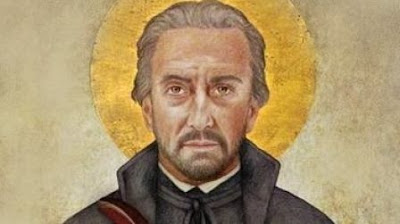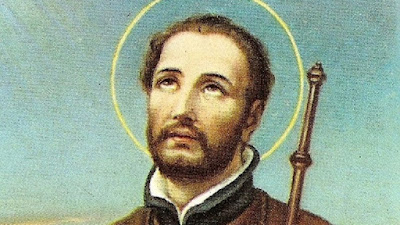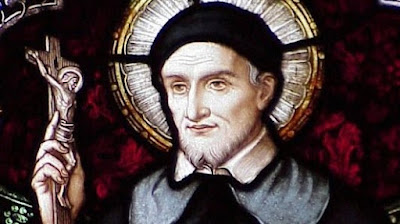St. Peter Canisius, Patron of the Catholic Press

Optional Memorial - December 21st Saint Peter Canisius was the 16th century Dutch Jesuit priest and Doctor of the Church whose brilliant theology renewed Catholicism. He was a major figure in both the Council of Trent and the Counter Reformation. His extensive catechetical treatises and powerful preaching in defense of orthodoxy won him great renown, and the Church innumerable souls. He wrote three definitive Catechisms in the span of four years explicating the Faith. These were tremendously influential, especially to those in Austria, Bavaria, and Bohemia where Catholicism was most under siege. Although claimed by both the Dutch and German Churches, Canisius is designated as the second Apostle of Germany (after Saint Boniface of Mainz). He was born at Nijmegen, Holland, in 1521 into a devout family. His father was an instructor to princes in the court of the duke of Lorraine. Peter was part of a movement for religious reform as a very young man and in 1543, after attending a


